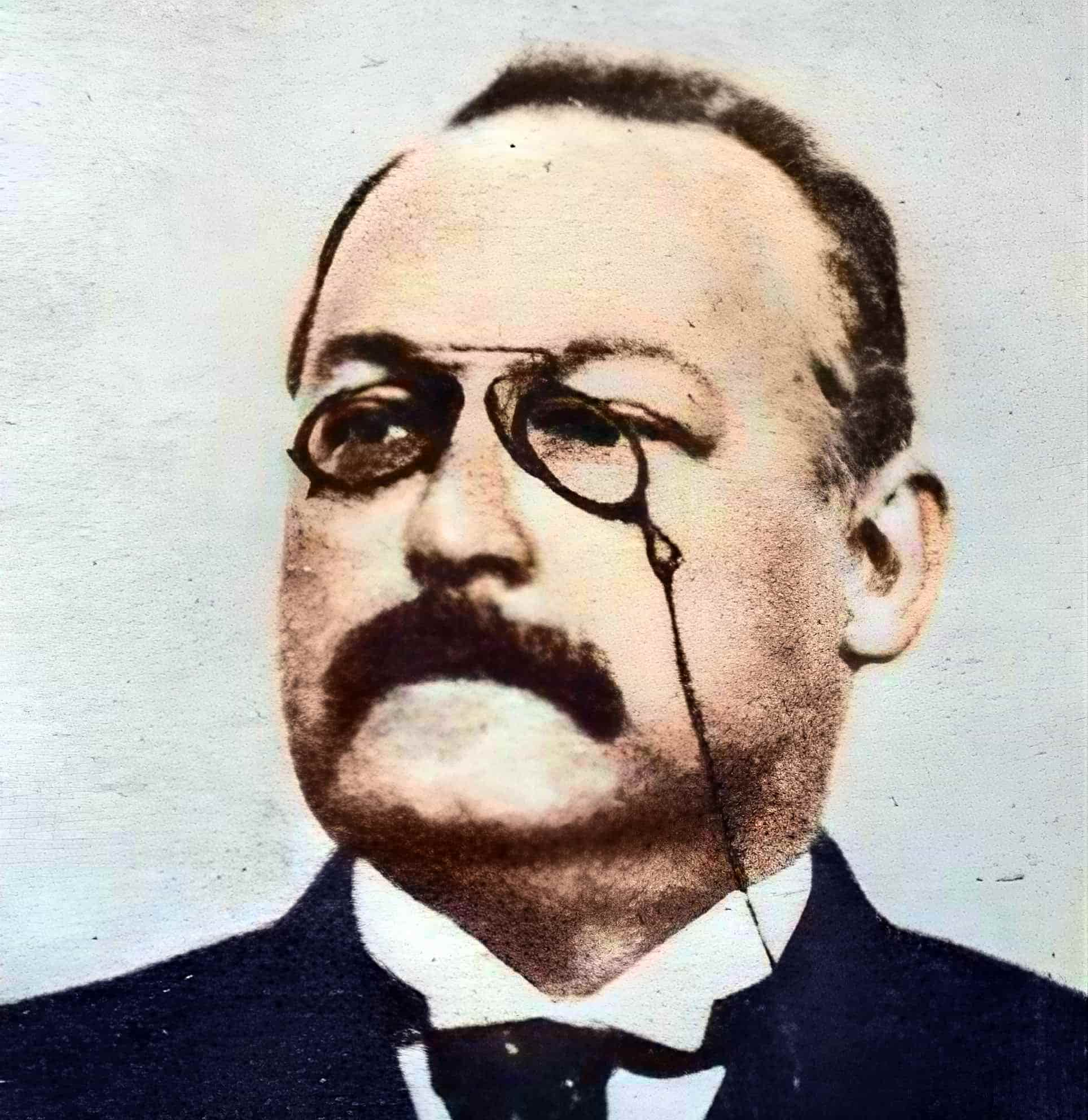Hermann Einstein: The Life of Einstein’s Father
When Albert Einstein proposed to Mileva Maric, his father was on his deathbed, and he refused to give his blessing since she was not Jewish, and she was older than Albert.

When Albert Einstein proposed to Mileva Maric, his father was on his deathbed, and he refused to give his blessing since she was not Jewish, and she was older than Albert.



